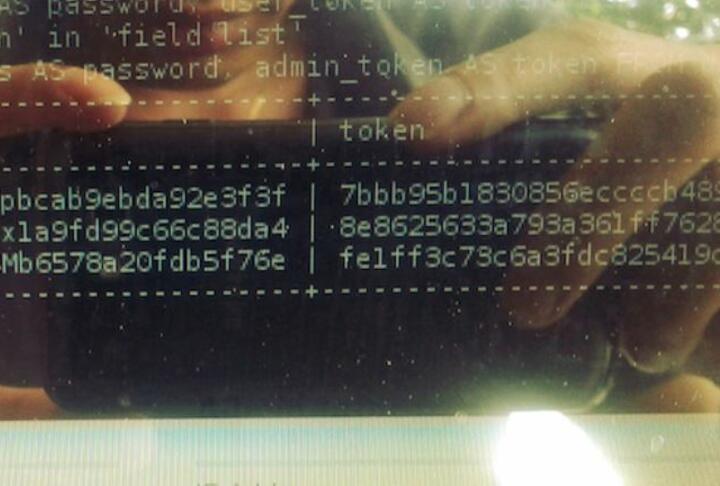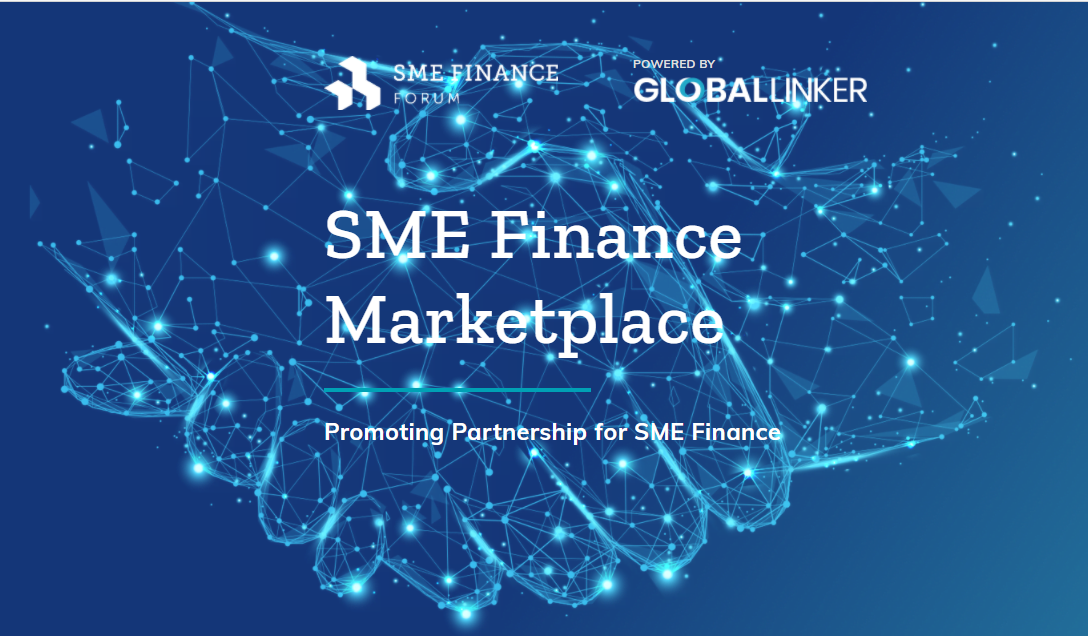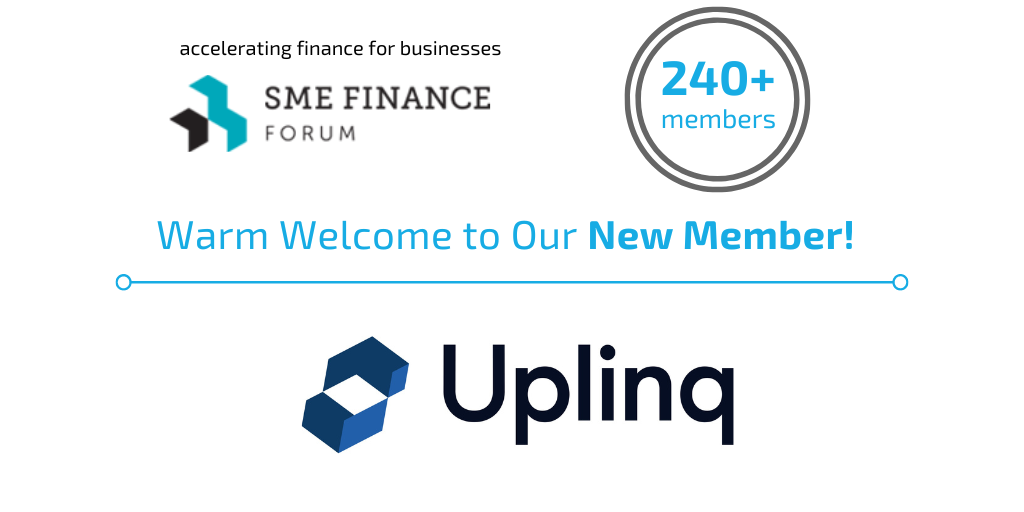Together, micro, small and medium enterprises (MSMEs) are the largest employers in many developing countries, yet their viability suffers from limited access to savings, insurance, credit equity and payments services. According to the International Finance Corporation’s Enterprise Finance Gap Database, there are 400 million MSMEs in developing countries, of which 40 percent are unserved. Only 15 percent of those MSMEs have access to credit and 25 percent of them have found access to finance to be a major constraint.
Brick-and-mortar banks are not able to serve many of these enterprises sustainably due to risk, compliance challenges and an expensive operational model. Prevalence of government bureaucracy and corruption also stifles the growth potential of MSMEs, and sometimes forces them to operate in black or gray markets to survive as businesses. Although the internet did have a significant effect on the growth of entrepreneurship in the ’90s and 2000s, the banking industry is now dominated by a few large multibillion-dollar companies which have not succeeded in creating tools that micro-entrepreneurs can leverage to build their businesses.
The opportunity for blockchain to solve these challenges is tremendous. This new peer-to-peer platform for identity, trust and financial transactions will help us reconfigure the stronghold notion of large corporations and redistribute prosperity among those with good ideas and perseverance.









